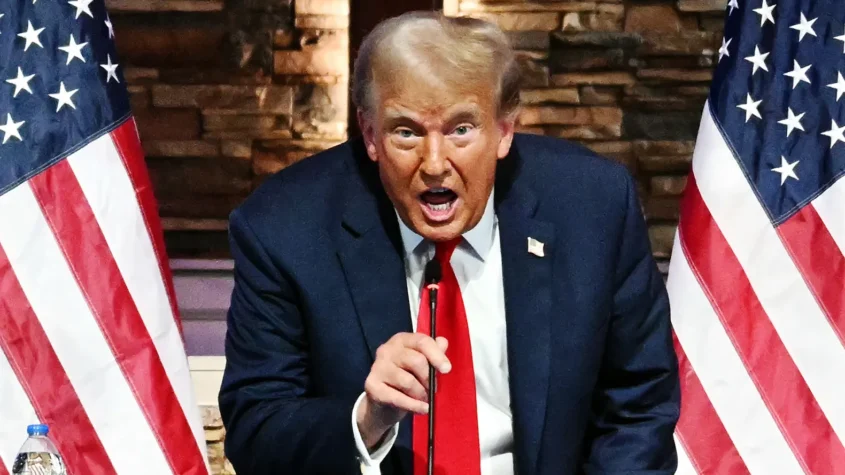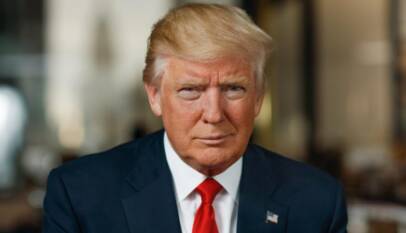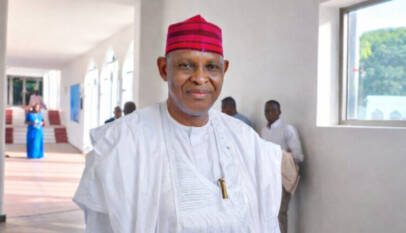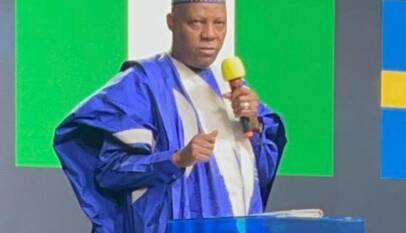A federal judge has blocked President Donald Trump’s executive order limiting birthright citizenship, calling it “blatantly unconstitutional.”
The order, signed on Trump’s first day back in office, sought to deny U.S. citizenship to children born in the U.S. if neither parent is a citizen or legal resident.
Judge John Coughenour, appointed by Ronald Reagan, issued a temporary restraining order at the request of four Democratic-led states—Washington, Arizona, Illinois, and Oregon—preventing the policy from being enforced while the case proceeds.
Under the policy, children born after February 19 to non-citizen parents would have been denied citizenship and could face deportation, along with losing access to government benefits and legal work opportunities.
Washington State Assistant Attorney General Lane Polozola criticized the policy, stating, “Babies being born today don’t count as U.S. citizens.”
The Justice Department defended the policy as part of Trump’s broader immigration reform efforts, but Judge Coughenour quickly ruled against it, noting the clear constitutional violation.
The judge emphasized that the 14th Amendment guarantees citizenship to all children born on U.S. soil, a right upheld in an 1898 Supreme Court ruling. The 14th Amendment was adopted in 1868 to ensure equality for formerly enslaved people after the Civil War, overturning the 1857 Dred Scott decision, which denied citizenship to African Americans.
More than 150,000 children annually could be affected by the order if upheld. Since the order’s announcement, at least six lawsuits have been filed against it, led by civil rights groups and attorneys general from 22 states.
The Justice Department plans to file additional briefs next week to try to reinstate the policy.
Meanwhile, 36 Republican members of Congress have introduced separate legislation to limit birthright citizenship to children born to U.S. citizens or lawful permanent residents.
This ruling adds to the ongoing legal challenges to Trump’s hardline immigration agenda, with this case being the first significant blow to his policies in his second term.



























